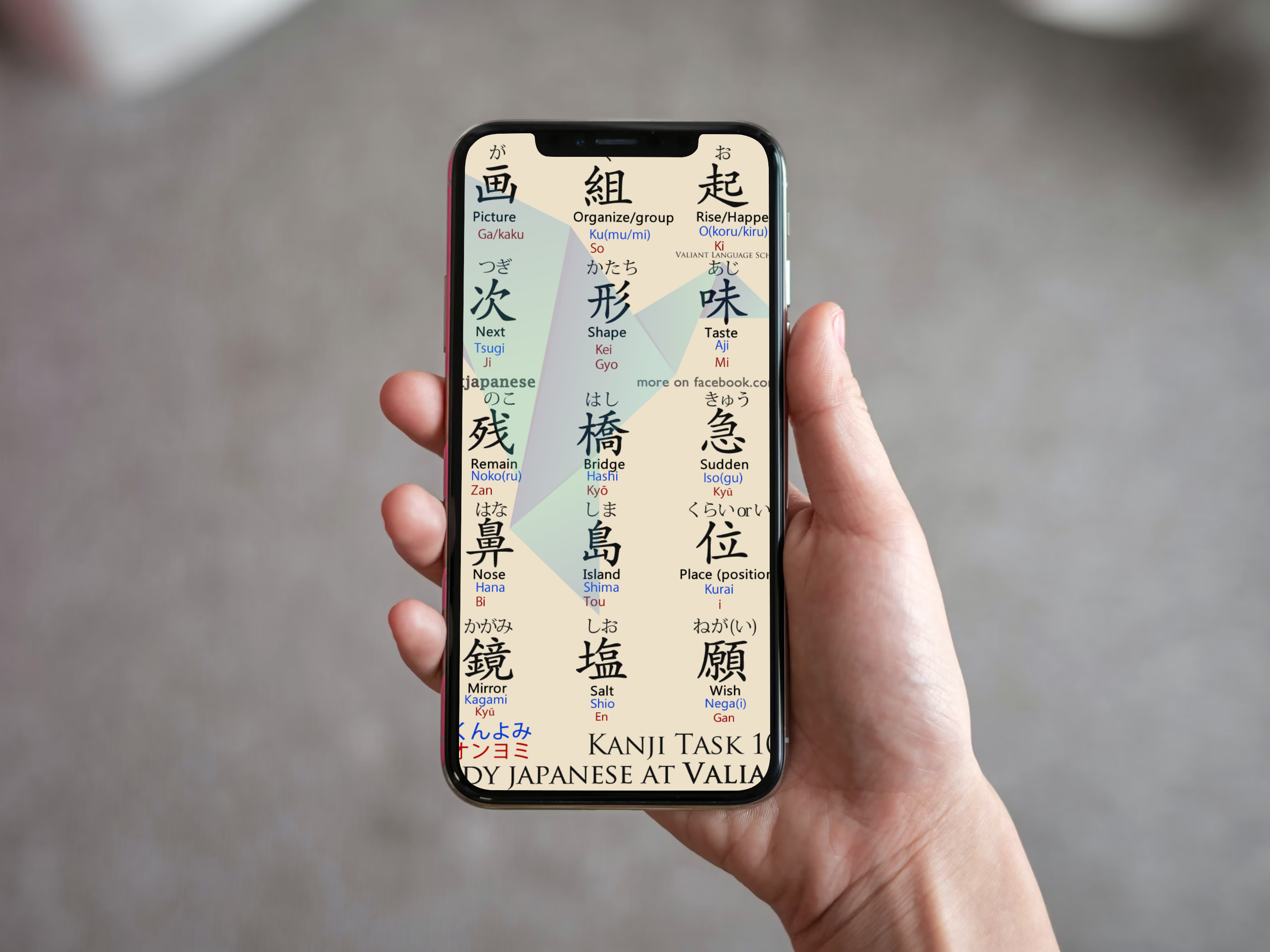In recent years, studying Japanese using apps have become increasingly popular as a convenient and affordable way to learn the language. While these apps have the potential to be effective tools for studying Japanese, many people struggle to achieve fluency through their use. In this article, we will explore some of the common reasons why most people fail to learn Japanese through an app.
Lack of consistency
One of the biggest challenges with using a language learning app is maintaining consistency in the practice of Online Japanese Lessons. Many people start off motivated to learn the Japanese language but quickly lose momentum when faced with the demands of daily life. Without consistent practice, it is difficult to make progress and retain what has been learned.
Limited feedback
Language learning apps are designed to be self-guided, which means that learners are largely responsible for assessing their own learning progress. While some apps do offer feedback through automated tools, this feedback is often limited and may not be personalized to the individual learner. This can make it difficult to identify areas of weakness and make targeted improvements, person to person.
Lack of social interaction
Learning Japanese language is not just about mastering vocabulary and grammar; it also involves developing the ability to communicate effectively with others. Language learning apps may provide opportunities for learners to practice reading and writing, but they often lack the social interaction necessary for developing conversational Japanese skills. This can lead to a lack of confidence when it comes to using the language in real-life situations.
Overreliance on translation
Many language learning apps rely heavily on translation as a means of conveying meaning. While translation can be useful for understanding basic vocabulary and grammar, it can also create a dependency on translation tools that can hinder the development of language skills. This is because translation often fails to capture the nuances of a language, such as idiomatic expressions and cultural references.
Lack of context
Language learning apps often present vocabulary and grammar in isolation, without providing the context needed to fully understand how these elements are used in real-life situations. This can make it difficult for Private Japanese Lesson learners to apply what they have learned in a meaningful way. In conclusion, while Japanese language learning apps can be a useful tool for most learners, they are not a substitute for consistent practice, personalized feedback, social interaction, and contextual learning. To truly master a language, it is important to supplement app-based learning with other forms of instruction, such as classes, conversation partners, and immersion experiences. By doing so, language learners can overcome the common pitfalls of app-based learning and achieve their language learning goals.

